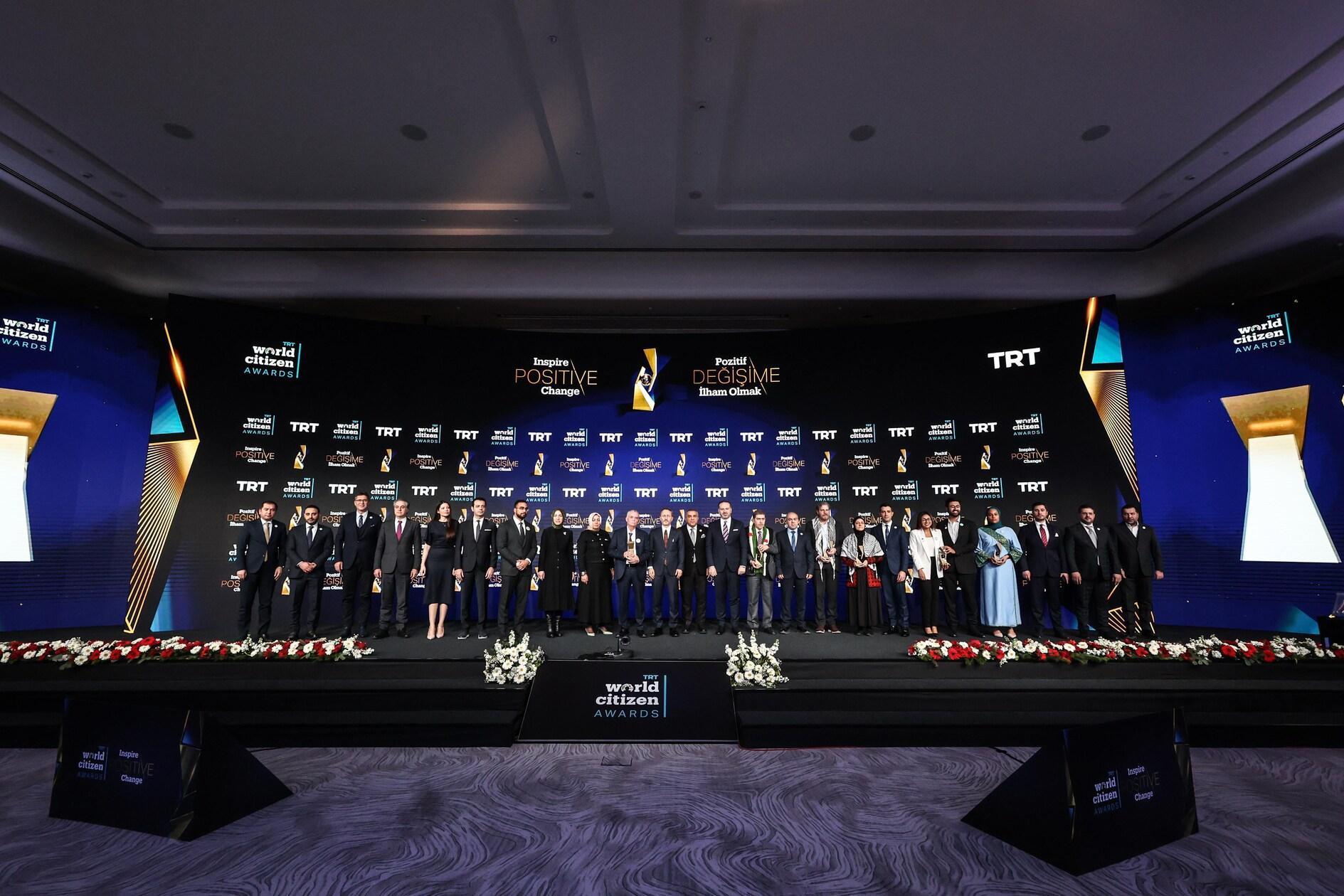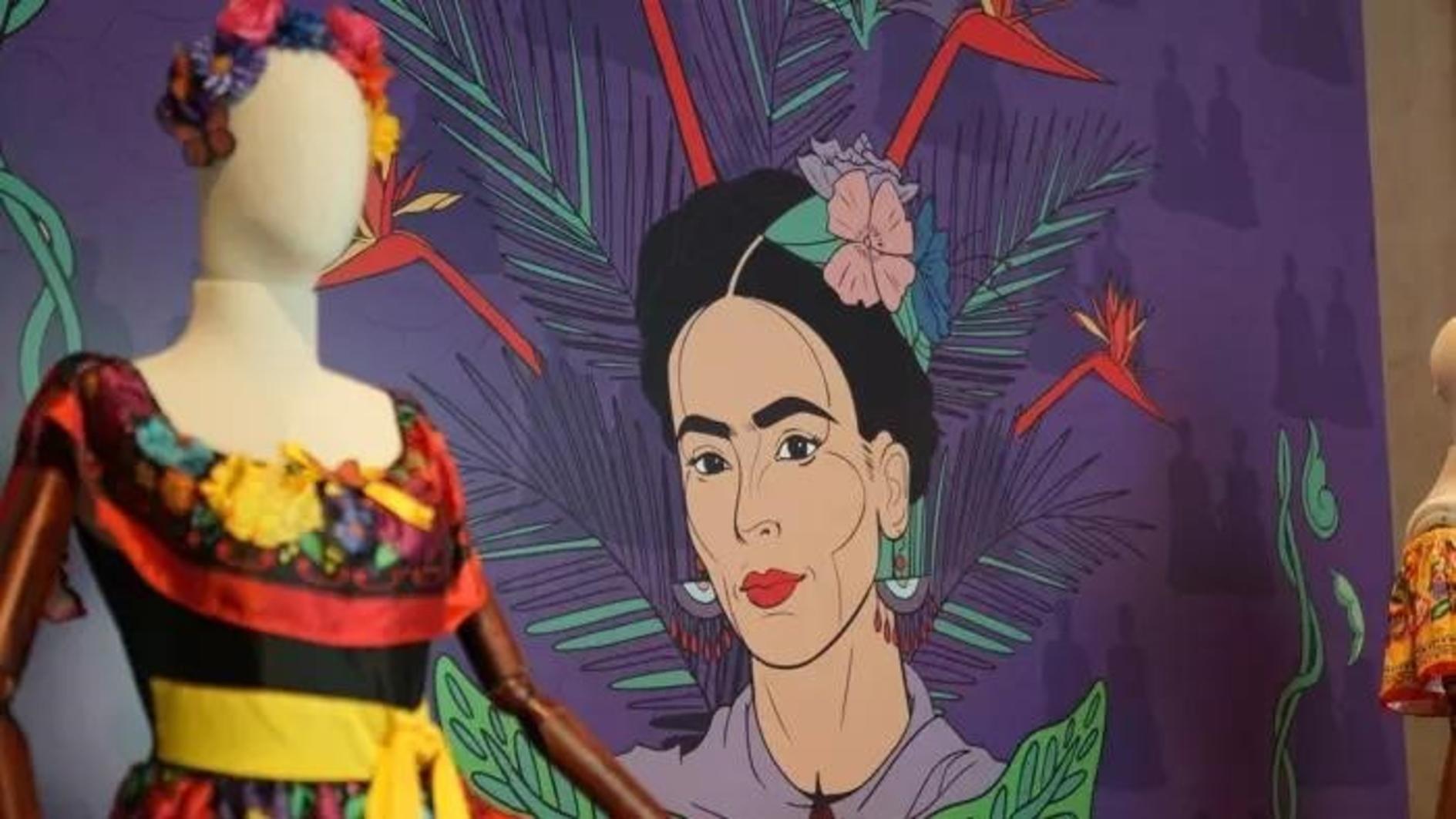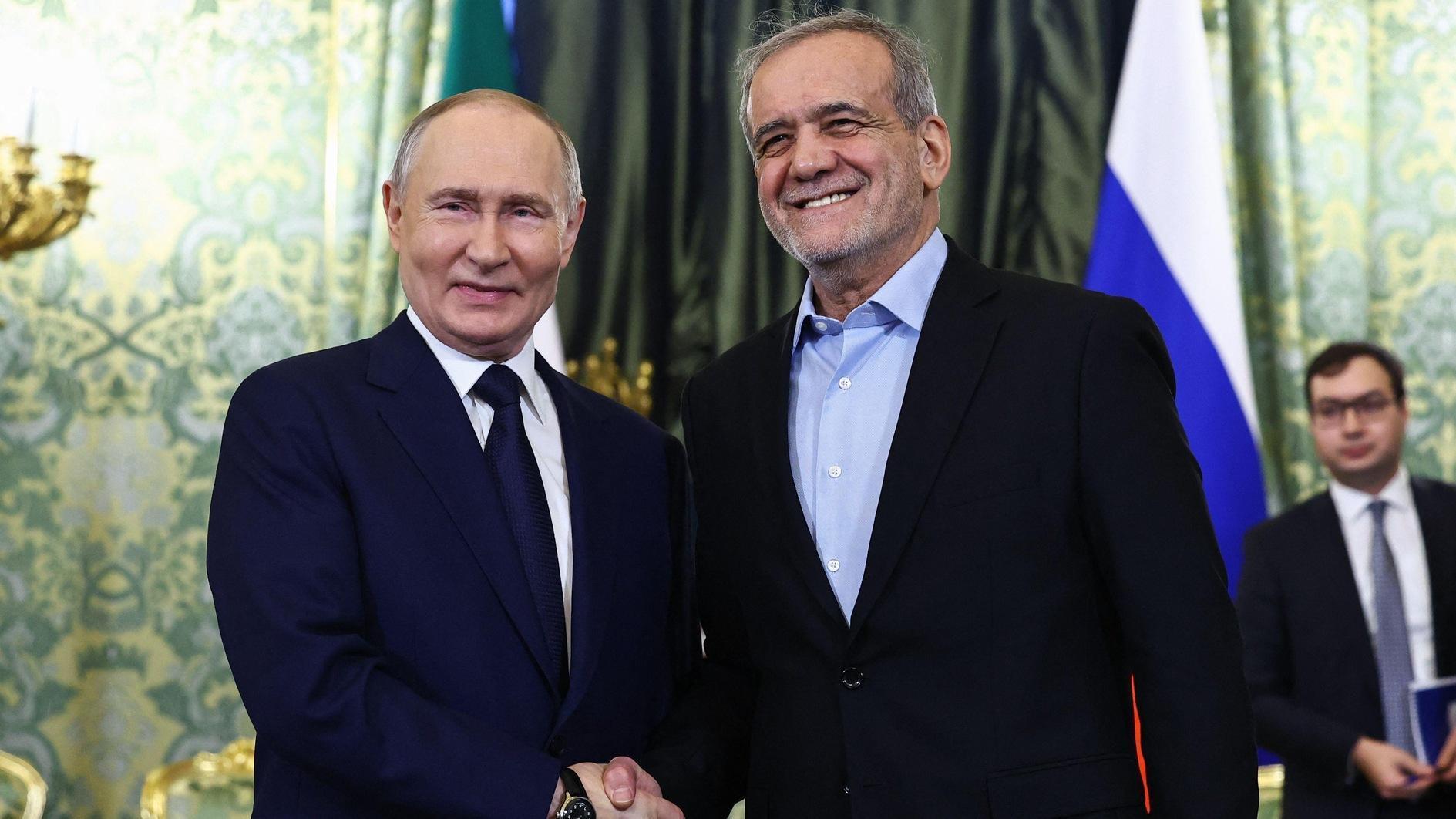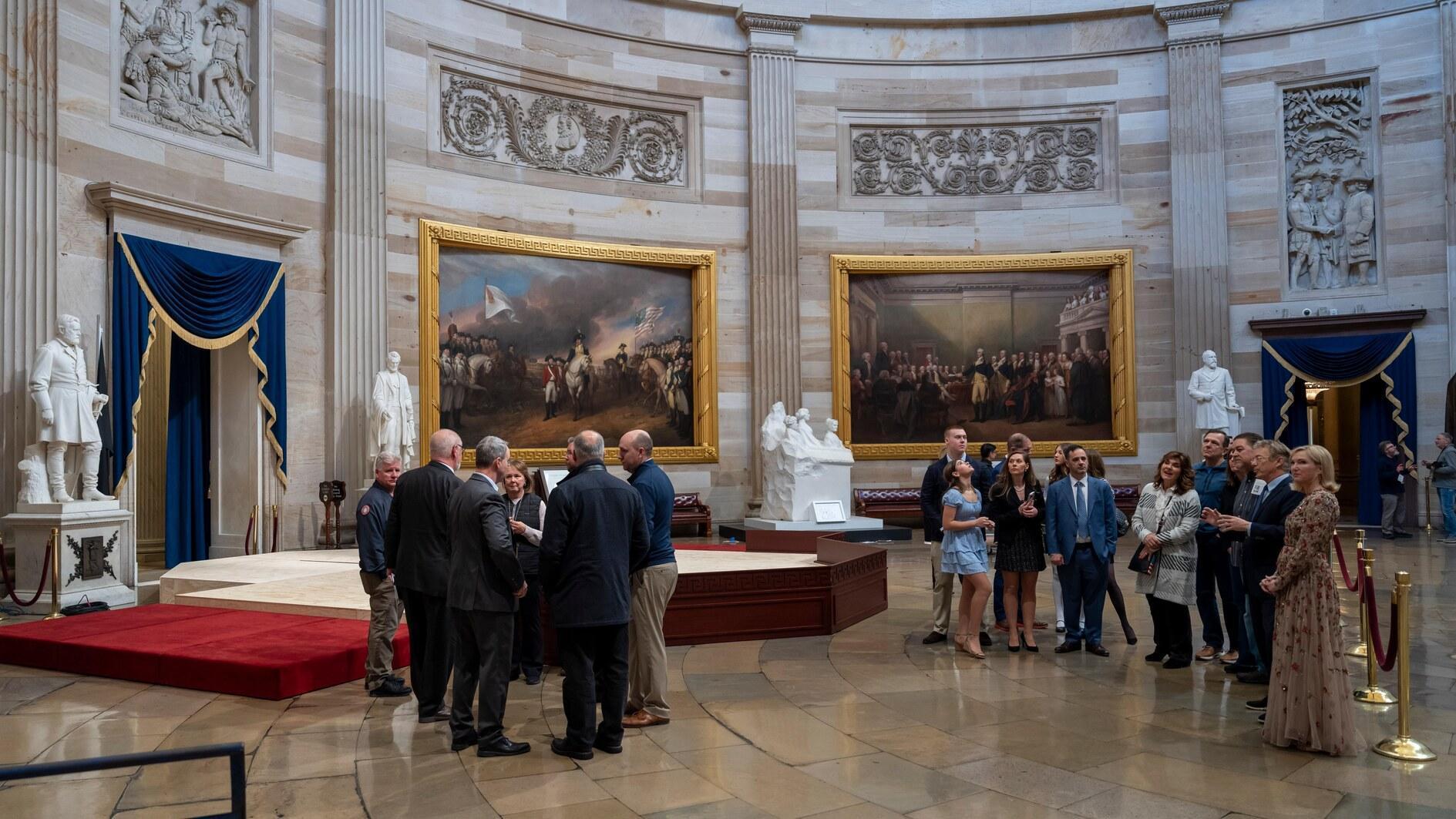‘Uncle Musa’ takes on a new life in unique biopic
Emrah Güler
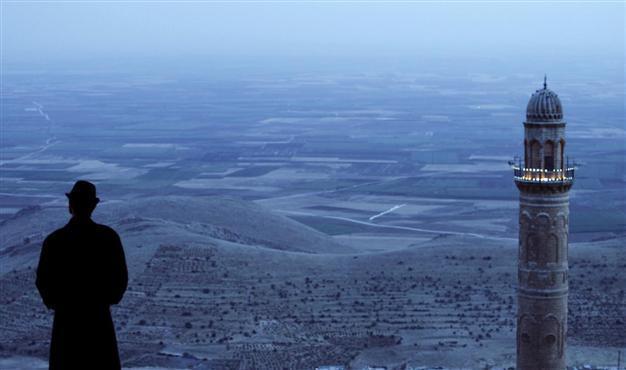
Heavy in symbolism and metaphor, and with a narrative that seems haphazard most of the time, ‘Asasız Musa’ assumes the guise of a modern video art or a stage play most of the time.
Turkey has had the misfortune of possessing a long list of slain intellectuals, writers and journalists for close to a century. From writer and journalist Sabahattin Ali’s shady murder in 1948 to the Armenian-Turkish writer, editor-in-chief and journalist Hrant Dink’s murder in the center of Istanbul in 2007, many have been killed, only for the perpetrators (often connected to the deep state) to be spared in a conundrum of justice.Musa Anter, or Apê Musa (Uncle Musa in Kurdish), is one of these figures. The Kurdish-Turkish writer and activist was shot dead in September 1992 in the eastern city of Diyarbakır at a festival. The involvement of the deep state was made overtly known, with Turkey sentenced and fined for Anter’s murder in 2006 by the European Court of Human Rights.
“Uncle” was a justified name for Musa Anter as he was a father figure who had fought for the rights of Kurds until his death, a Kurdish nationalist who had become a threat to the delicate dynamics of the hot zone that was the Turkish-Kurdish conflict in 1990s. “I am a living witness of the comings and goings of
Turkey for 55 years,” he once said. “Not only a witness, but also a suspect, and a convict,” referring to the numerous times he was jailed.
The direct translation of this week’s new release “Asasız Musa” is “Moses without the Rod.” The film is a biopic of Anter, a biography perhaps in a very loose sense of the word. Director, writer and actor Aydın Orak’s debut feature is an unconventional biopic, heavily made up of metaphorical imagery that will not be everyone’s cup of tea.
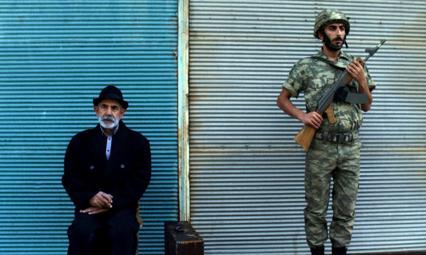 Journey from stage to film
Journey from stage to film“Asasız Musa” is not a linear narrative in chronological order, and does not have a single actor re-enacting the life story of Anter. A total of 10 actors, including Turgay Tanülkü, Selamo, Murat Toprak, Şenay Aydın, as well as Orak himself, portray Anter. Portray also would be a loose word in Orak’s against-the-grain telling of Anter’s life.
The actors help set up an interpretation of highlights from Anter’s life and his fight, the “Moses without the Rod,” his ideas and his life symbolized mainly with three objects throughout the film: his felt hat, overcoat and wooden suitcase, as well as his other belongings. “Asasız Musa” is a very personal film, as evidenced by his the inclusion of Anter’s three children, Anter, Rahşan and Dicle, into the film’s cast.
Heavy in symbolism and metaphor, and with a narrative that seems haphazard most of the time, the film assumes the guise of a modern video art or a stage play most of the time. That is no coincidence. The film, which took four years to make, is a loose adaptation of Orak’s successful play “Araf” (Purgatory). The play ran for six years in Turkey, visiting stages in other countries, including Austria, Germany, Sweden, Switzerland and even Australia.
In a recent Q&A after one of film’s screenings in Istanbul, Orak talked about the intimate relationship he had with his subject matter, and compared his film with the play.
“I have been working on Anter for 10 years now to get to know [him]. Seven years of this has been on stage,” Orak said. “At this point, the film doesn’t really tell about Anter, but rather is an attempt to journey into Anter’s universe.”
Comparing “Asasız Musa” with the play, Orak said, “If the stage play is an answer to
Musa Anter’s life, the film is a question.”
Some of the baffled audience also asked about the unconventional narrative and metaphors. Orak’s answer was, “I wanted to shoot the film not in a conventional narrative but through the dynamics of video art. I believe that the sum of the videos will make a coherent whole, not unlike a puzzle.”
“Asasız Musa” might divide the audience, but no one will doubt the commitment of Orak’s love of Anter.


